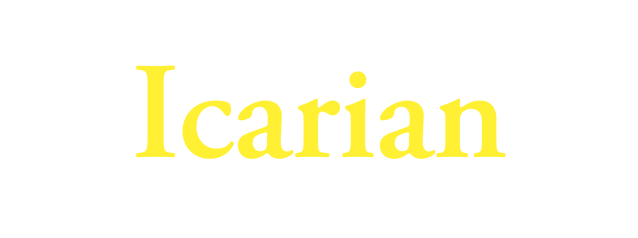Paradigm
Noun
- A typical example or pattern of something; a model.
- (In the traditional grammar of Latin, Greek, and other inflected languages) A table of all the inflected forms of a particular verb, noun, or adjective, serving as a model for other words of the same conjugation or declension.
Example Sentences
“The company adopted a new paradigm of remote work that prioritized flexibility over fixed hours.”
“The township’s approach to community gardening created a paradigm for other neighborhoods to follow.”
“That novel completely changed the paradigm of how I think about forgiveness and redemption.”
Word Origin
Greek, late 15th century
Why this word?
“Paradigm” can be traced back to the Greek “paradeiknunai,” meaning “show side by side,” which helps give an explanation of the meaning. A paradigm is an example of the ideal model to follow as an example. There’s also a more technical usage of “paradigm” in linguistics. A paradigm is “a set of linguistic items that form mutually exclusive choices in particular syntactic roles.” In English, determiners are an example of a paradigm. For example, we can say “a book” or “his book” but not “a his book.”
top picks in optimism network
Word Daily is part of Optimism, which publishes content that uplifts, informs, and inspires.











 Subscribe to Better Report
Subscribe to Better Report

